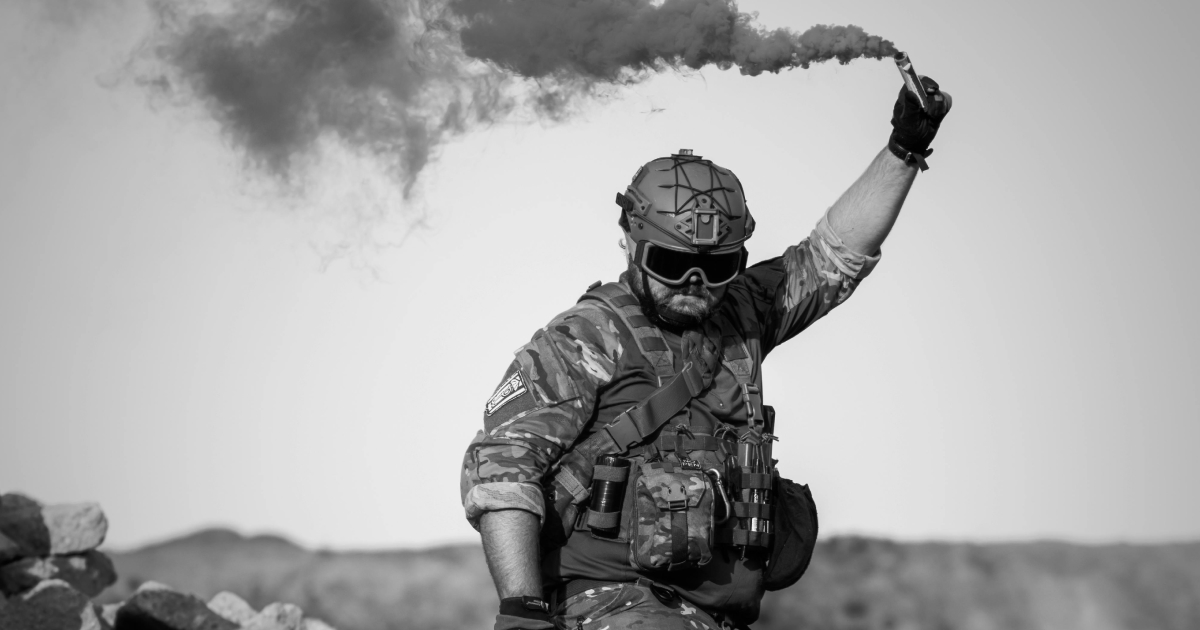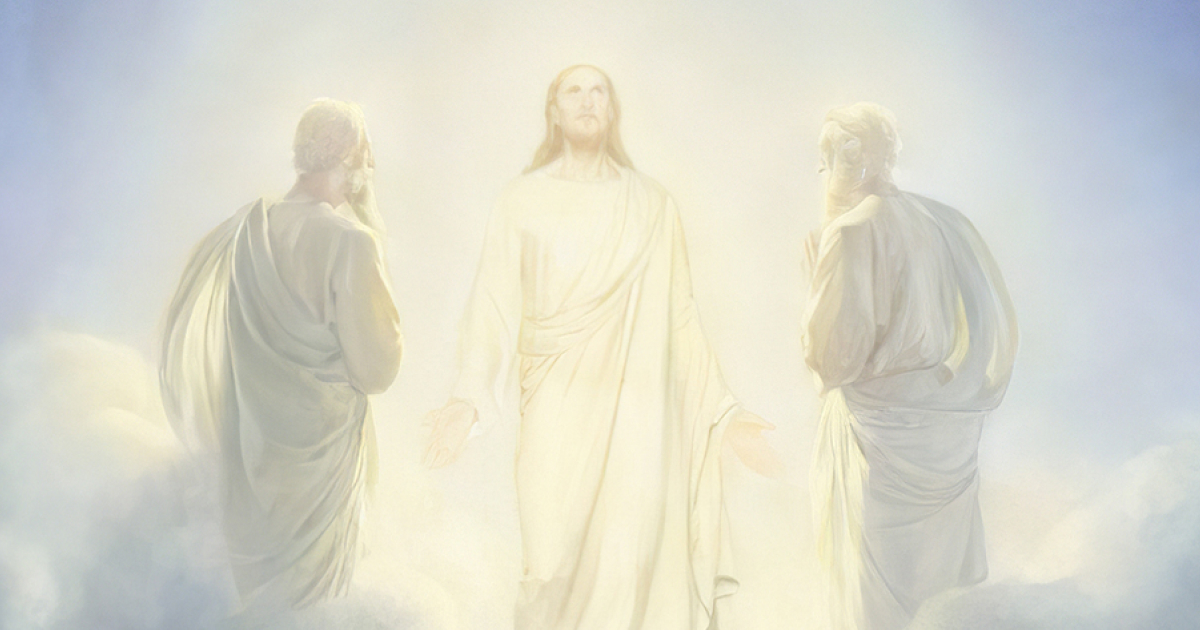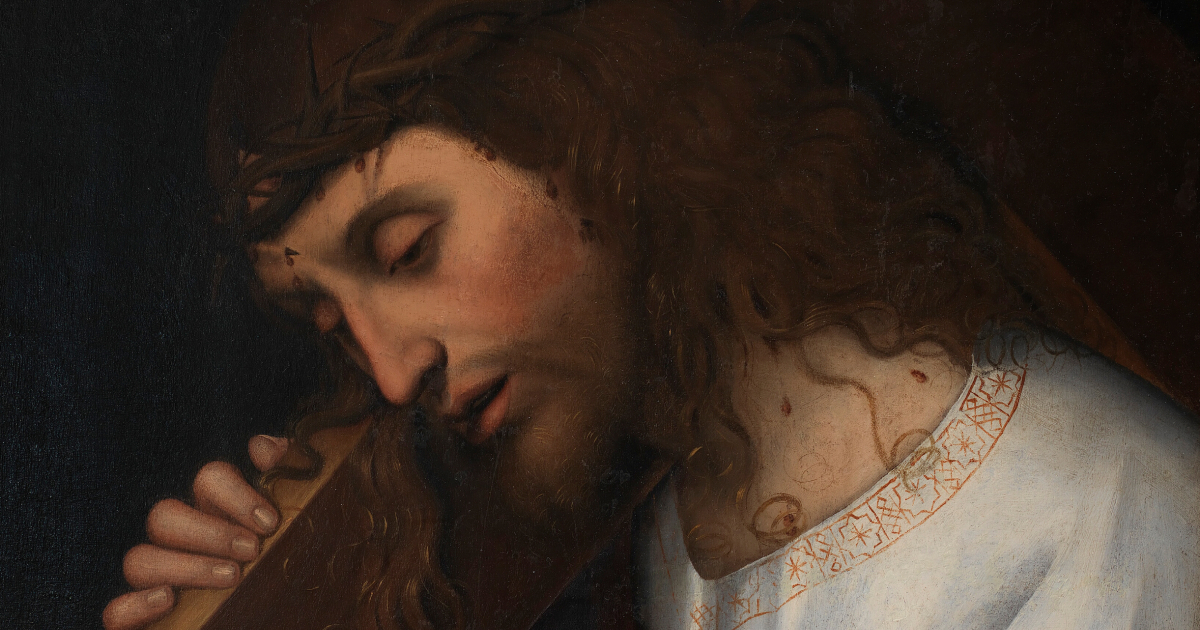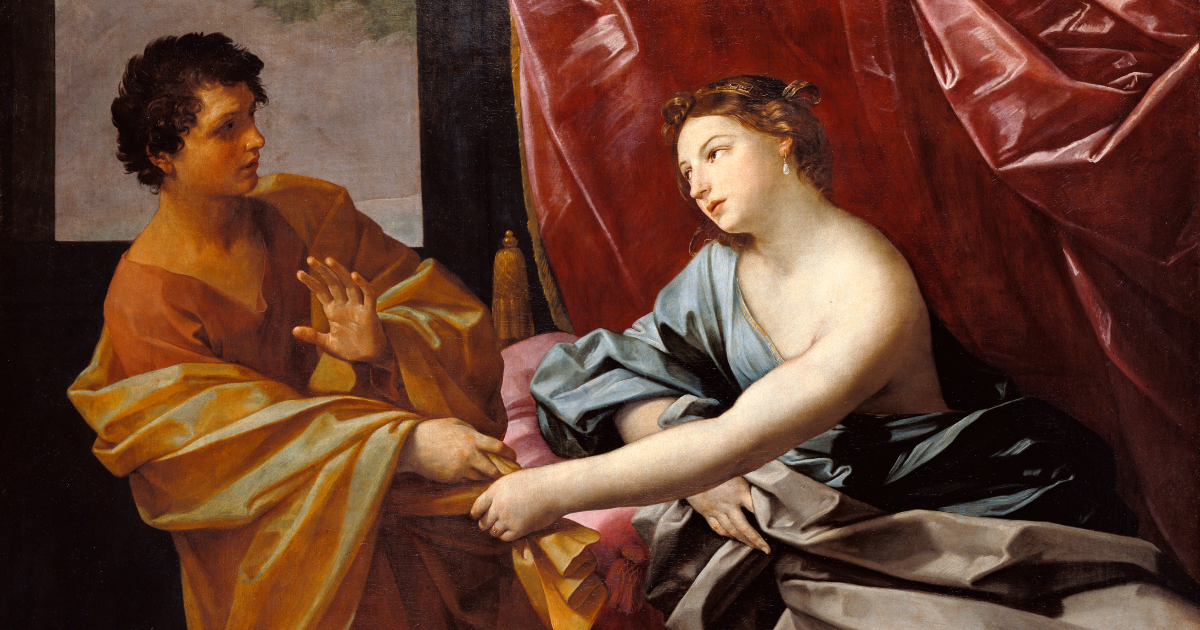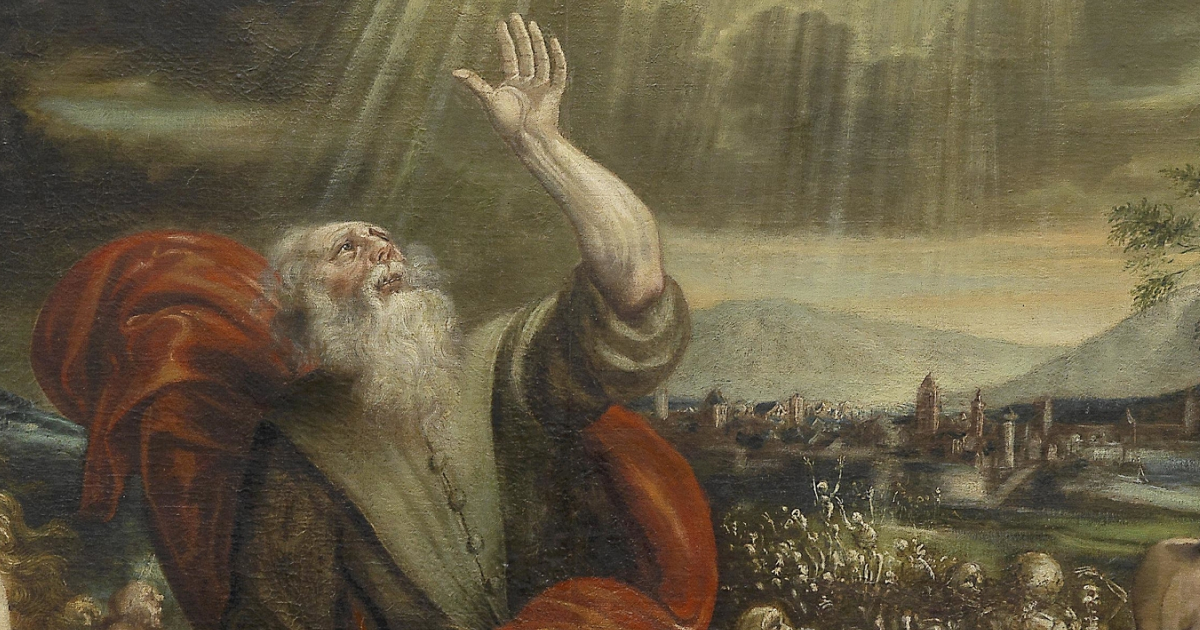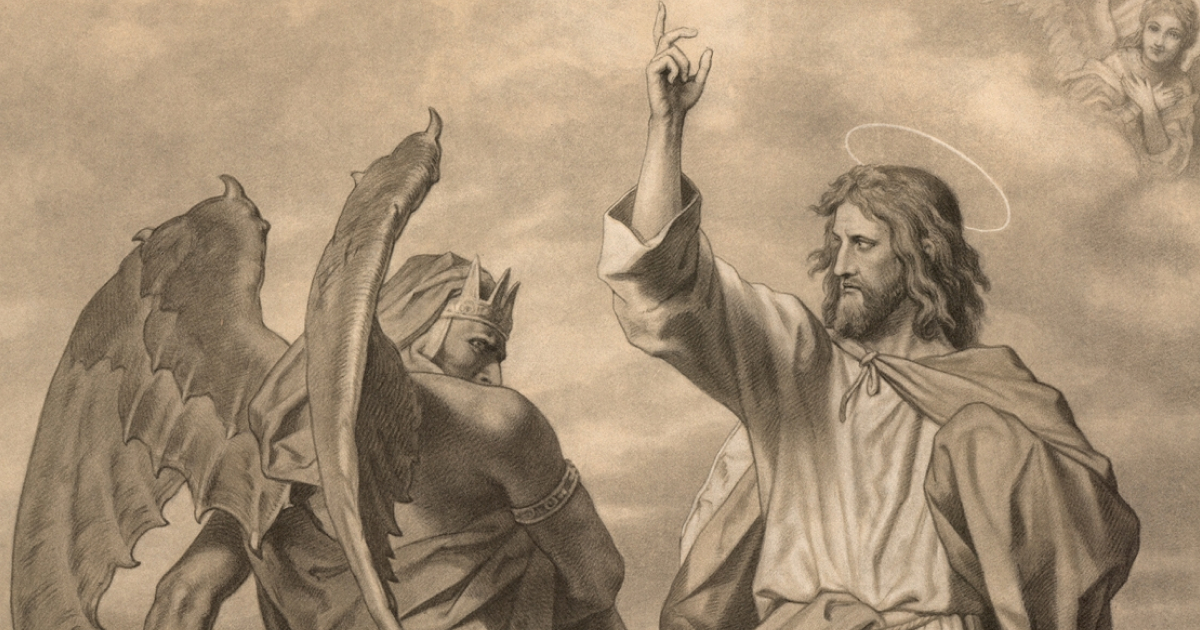As the United States Conference of Catholic Bishops prepares to convene in Baltimore this November, the election of a new president and vice-president for the conference stands as a moment of no little consequence. In the current Church climate of eroding trust and unease within both the clergy and the laity, the need for leadership that inspires confidence and clarity has never felt more acute.
The statistical reality is sobering for anyone to read. Only 52 per cent of priests in America presently trust their own bishop, a figure that has declined from 63 per cent in 2001, and a mere 27 per cent say they trust the US bishops' conference as a whole. That is not a marginal deficit; it is a crisis of confidence that recalls the nadir of the US clerical abuse scandal which so profoundly scarred the Church in the early 2000s.
Thus, the selection of the next leader of the USCCB, who will serve a three-year term beginning at the conclusion of the Plenary Assembly, carries significance well beyond procedural formalities.
The candidates announced comprise a diverse slate: Bishop Robert E. Barron (Winona-Rochester), Archbishop Paul S. Coakley (Oklahoma City), Bishop Daniel E. Flores (Brownsville), Archbishop Richard G. Henning (Boston), Bishop David J. Malloy (Rockford), Archbishop Nelson J. Pérez (Philadelphia), Bishop Kevin C. Rhoades (Fort Wayne-South Bend), Archbishop Alexander K. Sample (Portland in Oregon), Archbishop Charles C. Thompson (Indianapolis) and Archbishop Edward J. Weisenburger (Detroit).
Each of these men brings qualities of his own. Yet if one is searching not simply for a reliable administrator or a safely conventional ecclesiastical figure, but for a bishop who might elevate the tone and stature of the entire conference, one is drawn inevitably to Bishop Robert Barron.
Bishop Barron’s merits are by no means limited to his formidable intellectual pedigree, though they begin there. A student of Thomistic theology and former rector of Mundelein Seminary, he possesses the rare ability to make the depths of Catholic doctrine accessible without ever lapsing into triteness.
More importantly, he has demonstrated an online evangelical dynamism that is almost singular among the American episcopate today. His Word on Fire apostolate has achieved a reach which rivals that of any Catholic media enterprise in the Anglophone world, and his presence on platforms such as YouTube, PBS and CNN has given him a level of cultural visibility reminiscent of none other than the Venerable Fulton J. Sheen.
That comparison is both apt and cautionary. Archbishop Sheen, too, was a master communicator, a bishop who evangelised the masses through radio and television with an elegance that captivated millions. And yet, Sheen never received the cardinal’s red hat, a decision that many regard shrouded in inter-ecclesial tension and one of the more regrettable oversights of post-war American Catholic history.
Fame in the Church, especially when it is hard-won through the means of mass communication, is as likely to inspire resentment as admiration. There is, perhaps understandably, a suspicion among some Catholics that such visibility implies a dilution of substance, or worse, a self-promoting vanity incompatible with episcopal humility.
Bishop Barron is not without his critics. I hold to the view that his theology is too accommodating, risking a facile engagement with modern culture that is hard to ignore with his modern tendencies. Others on the progressive wing accuse him of being insufficiently bold in confronting moral and social controversies. However this is what makes Bishop Baron a suitable lead for the role.
While his determination to occupy a centrist pastoral posture can appear evasive or lacking in courage, this I would argue, is precisely the strength of his candidacy – he is neither a culture warrior nor a fashionable progressive. He is, rather, a Catholic bishop who is intent on re-presenting the timeless truths of the Church to a generation adrift in secular noise.
It is worth noting, too, that Bishop Barron has shown resilience under pressure. He has not hesitated to defend Church teaching on contentious issues such as the Real Presence or the metaphysical incoherences of gender ideology. He does so, however, not with the combative tone that so often repels, but with a reasoned calm that invites engagement. That is a rare gift, and one much needed by a bishops’ conference whose public standing is at historic lows.
To be clear, if I were selecting the USCCB’s president or vice-president on purely ideological grounds, my first choice might well be Archbishop Sample, a liturgically traditional, intellectually robust shepherd who, in other circumstances, might serve as an ideal figurehead for a Church navigating moral confusion and cultural hostility. Yet, one cannot ignore the reality that Sample, however worthy, is viewed with great suspicion by large swathes of the Catholic progressives, just as Archbishop Weisenburger is held in disfavour by many traditionalists. That situation alone renders their potential presidencies unnecessarily divisive at a time when unity is at a premium.
The episcopal conference does not need a partisan mascot – it needs an efficient statesman. It needs someone who can communicate the Gospel without compromise, who can reassure the anxious faithful without alienating the sceptical, who can restore credibility where it has been squandered and rebuild relationships where they have been neglected. Bishop Barron may not satisfy every litmus test of the progressives or traditionalists, but he carries within him the possibility of rejuvenation.
If the bishops of the United States are seeking someone who might reforge the broken bond between shepherds and their flocks, someone who might once more make the Church visible, not merely as an institution, but as a credible and beautiful witness to Christ, then their choice ought to fall on Bishop Robert Barron.
His election would not be a reward for popularity, but a recognition of potential: the potential to guide the USCCB into a new chapter, one defined not by scandal and confusion, but by purpose, dignity and renewed trust. In the end, that is the sort of leadership the moment demands.
RELATED: Interview with Bishop Barron, the face of the modern Church?
Photo: Bishop Robert Barron speaks during a National Day of Prayer event in the Rose Garden of the White House in Washington, DC, 1 May 2025 (Photo by MANDEL NGAN/AFP via Getty Images)





.jpg)


